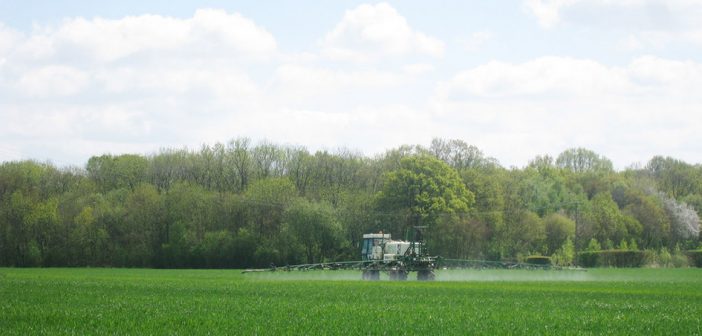A ‘new generation’ of environmentally friendly pesticides is a step closer thanks to researchers and an insect-killing fungus.
Molecular virologists Dr Robert Coutts from the University of Hertfordshire and Dr Ioly Kotta-Loizou from Imperial College London are investigating the potential of Beauveria bassiana as an environmentally friendly bio-insecticide
B. bassiana, which is found naturally in soil and on some plants, can kill a wide range of insects, including whiteflies, aphids, grasshoppers and termites, by infecting them with its spores. Unlike some other fungal insecticides, the work is specifically researching the viral community of B. bassiana. This has lead to the discovery that certain mycoviruses (viruses that infect fungi) cause hypervirulence and increase mycoinsecticidal efficiency.
Dr Coutts said, “This discovery is potentially transformational for the sector and could elevate the profile of B. bassiana as one of the most environmentally friendly pest control agents for farmers today. This would safeguard ecosystems internationally, especially where the use of chemical insecticides is particularly prevalent. By using viruses as enhancers we will create a new generation of improved mycoinsecticides, increasing the quality of global food production and reducing the environmental impact.”

Photo Credit: Wikipedia Commons.
The post Breakthrough in environmentally friendly pesticides appeared first on Hort News.